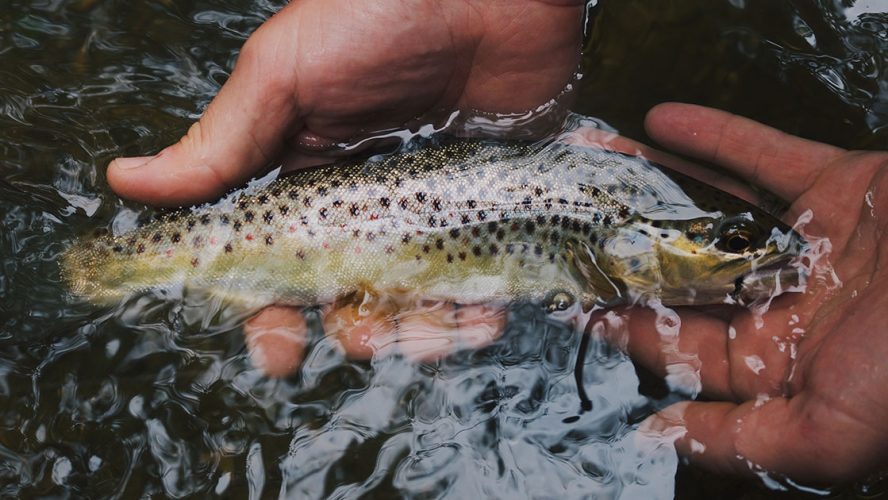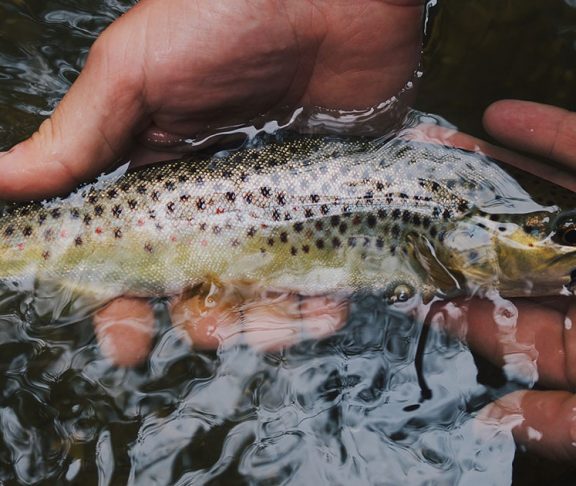Ocean health faces many threats these days. Managing those threats is challenging but Chicken of the Sea and its parent company, Thai Union, are committed to doing their part.
The organization, which is currently ranked No. 1 on the Dow Jones Sustainability Index in the Food sector, launched SeaChange®, their global sustainability strategy in 2015. One of the pillars of this strategy is responsible sourcing, through fishing and farming practices.
Chicken of the Sea and Thai Union have also teamed up with the Global Ghost Gear Initiative to tackle the problem of abandoned, lost, and discarded fishing gear, to protect sea life and reduce plastic pollution in the ocean.
Blue label
Consumers look for trustworthy claims about sustainable seafood. In a study by GlobeScan, 72 percent of consumers want sustainability claims independently verified.
“Consumers are demonstrating that they want to do the right thing for themselves and their families as well as for the planet, but they’re still not sure how to do that when it comes to seafood,” says Jackie Marks, senior PR manager, U.S. for Marine Stewardship Council (MSC), a global nonprofit organization dedicated to sustainable seafood.
MSC works with scientists to develop science-based standards for sustainable fishing. They use a blue fish label to show the fish were caught from healthy fish populations with minimal impact on the marine ecosystem.
Positive change
Currently, in North America, all Chicken of the Sea and Genova tuna and salmon products are traceable back to their source, with many of these products carrying the blue MSC label. Chicken of the Sea and Thai Union also continue to facilitate the support and creation of Fishery Improvement Projects throughout the world in advancement toward achieving the goal of MSC certification.
By taking on many of the big challenges facing our oceans, Chicken of the Sea and Thai Union have become a global leader for positive change. And as they state in their SeaChange strategy, they are changing seafood for good.


